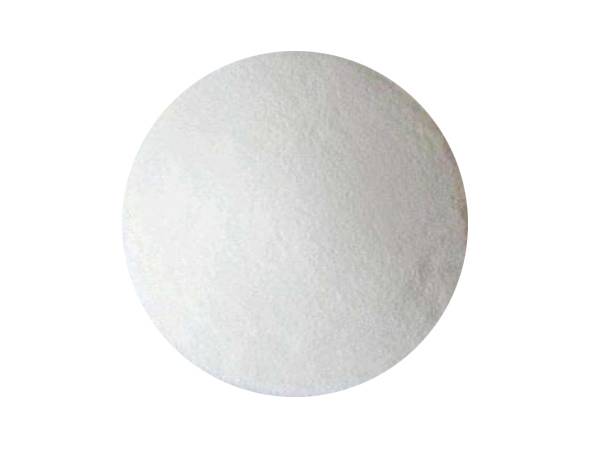



Understanding the Use and Safety of Chlorine Dioxide in Disinfection Processes
Chlorine Dioxide Understanding Its Uses and Safety Guidelines
Chlorine dioxide (ClO2) is a chemical compound that has garnered attention for its potential applications and controversies surrounding its use, particularly in public health contexts. This article aims to provide an overview of chlorine dioxide, including its properties, typical uses, and safety considerations as highlighted by health authorities including the Centers for Disease Control and Prevention (CDC).
What is Chlorine Dioxide?
Chlorine dioxide is a yellowish-green gas at room temperature that can be dissolved in water to create a solution. It is primarily used as a disinfectant and bleaching agent. Its efficacy as a sterilizing agent has made it valuable in various settings, including water treatment facilities, food processing plants, and hospitals.
In water treatment, chlorine dioxide is favored for its ability to eliminate bacteria, viruses, and protozoa, making it an essential tool in ensuring safe drinking water. When compared to traditional chlorine, chlorine dioxide is less likely to form harmful by-products that can impact water quality.
Uses of Chlorine Dioxide
1. Water Treatment One of the most common uses of chlorine dioxide is in the treatment of drinking water. It effectively kills pathogens that can cause waterborne diseases while minimizing harmful by-products compared to chlorine.
2. Food Industry Chlorine dioxide is also utilized in the food industry to sanitize equipment, surfaces, and even some foods, helping to reduce microbial loads and ensuring food safety.
cdc chlorine dioxide

4. Paper and Textile Industries In manufacturing, chlorine dioxide serves as a bleaching agent in the production of paper and textiles, providing a bright white finish and improving overall product quality.
Controversies and Misuses
Despite its legitimate applications, chlorine dioxide has become associated with several controversies, primarily due to its promotion as a cure for various diseases, including COVID-19. The CDC, along with the Food and Drug Administration (FDA), has warned against ingesting chlorine dioxide products, which are often marketed under names such as Miracle Mineral Solution (MMS). These products are not approved for medical use and can pose serious health risks, including nausea, vomiting, and even life-threatening conditions.
Safety Guidelines
The CDC emphasizes the importance of following safety guidelines when handling chlorine dioxide. As with any chemical, exposure should be minimized, and the following precautions are recommended
- Personal Protective Equipment (PPE) When using chlorine dioxide for disinfection, appropriate PPE, including gloves and masks, should be worn to avoid skin and respiratory irritation. - Ventilation Ensure that areas where chlorine dioxide is used are well-ventilated to prevent the accumulation of gas. - Storage Chlorine dioxide should be stored in a cool, dry place, away from incompatible substances, to prevent accidental release or reactions.
Conclusion
Chlorine dioxide is a potent disinfectant with valuable applications across various industries. However, its misuse, particularly as an unapproved treatment for health conditions, poses significant risks. Public awareness and adherence to safety guidelines are crucial to harnessing the benefits of chlorine dioxide while minimizing potential hazards. As always, individuals should consult reliable sources and health authorities for information regarding the safe use and potential risks associated with any chemicals they may encounter.
-
Why Sodium Persulfate Is Everywhere NowNewsJul.07,2025
-
Why Polyacrylamide Is in High DemandNewsJul.07,2025
-
Understanding Paint Chemicals and Their ApplicationsNewsJul.07,2025
-
Smart Use Of Mining ChemicalsNewsJul.07,2025
-
Practical Uses of Potassium MonopersulfateNewsJul.07,2025
-
Agrochemicals In Real FarmingNewsJul.07,2025
-
Sodium Chlorite Hot UsesNewsJul.01,2025










